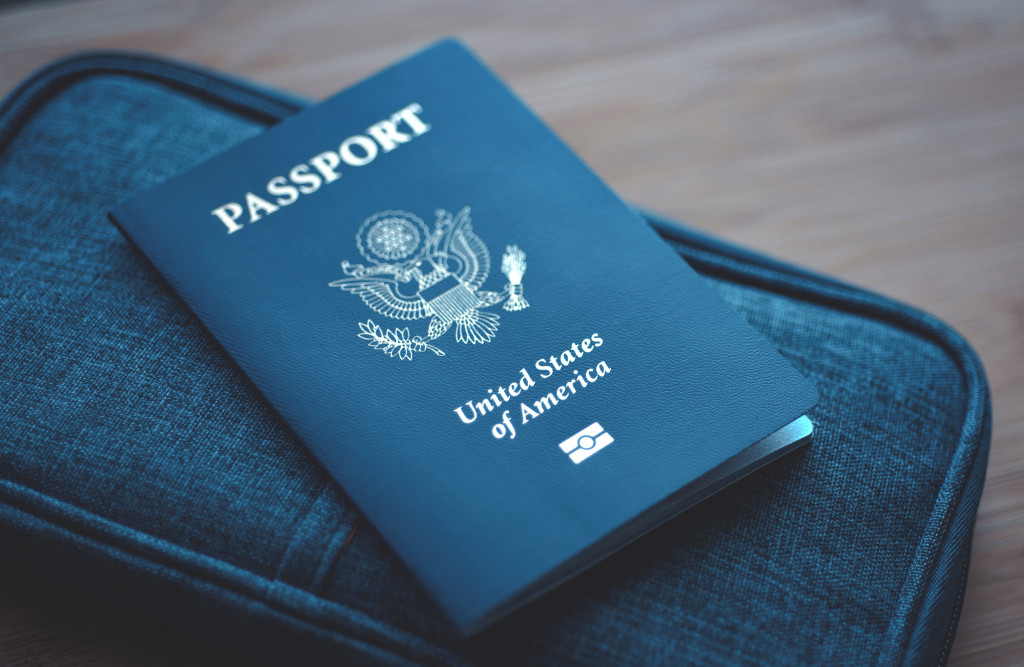Immigration detention centers are the most secretive and restrictive form of incarceration in the United States. These facilities house detained immigrants for an average of three months before they’re deported or released with ankle bracelets to monitor their whereabouts.
It’s no exaggeration to say that immigration detention is designed to break people down mentally and physically, breaking them into submissive shells of themselves who can then be easily deported back to their country of origin without any troubles from the American authorities. But it’s not impossible for detainees to get out on bond or parole—if they know how best to handle themselves once inside these walls.
In this article, we’ll provide tips on how to get out of immigration detention and what to do if you’re caught up in the system. If you or a loved one has been detained and is facing deportation, it’s important to understand your rights and options. The following are some steps that can be taken to get released from detention:
Contact a qualified immigration attorney as soon as possible
Time is of the essence when it comes to immigration cases, so don’t wait to seek legal assistance. An immigration lawyer can help you understand your rights and eligibility for release on bond or parole.
Request a bond hearing from an immigration judge
If it’s determined that you are eligible for release, you may be able to request a bond hearing from an immigration judge. The amount of the bond will likely be high, as most immigration bail bonds range from $5,000 to $10,000.
Seek help from community organizations and activists
Many grassroots organizations across the country offer support to detainees and their families. They can provide information on how to contact an immigration attorney and prepare for a bond hearing.
Donate to immigration bail funds
If you don’t have the financial resources to post bond yourself, you can ask friends and family to donate to an immigration bail fund. These funds are used to help detainees get out of detention and fight their deportation cases.
Be vocal and peaceful while in detention.
Detainees who are loud, disruptive, and uncooperative tend to fare worse than those who remain calm and quiet. It’s important to remember that you have rights, even inside a detention center, and it’s best to speak up for yourself without resorting to violence or threats.
Know your case number
Whenever you speak with an immigration attorney or community activist, be sure to have your case number handy. This will help them keep track of your case and provide you with the most up-to-date information.
Stay positive and hopeful.

It can be difficult to maintain hope while in immigration detention, but it’s important to remember that things can change for the better. Keep your spirits high, and don’t lose sight of your goals.
Get involved in educational and recreational activities.
Detainees engaged in educational and recreational activities tend to have a better overall experience in detention. These activities can help keep your mind busy and distracted from your situation.
Seek emotional support from family and friends
It’s important to have a support system outside of detention to help you through this difficult time. Lean on your loved ones for emotional support and advice.
Stay informed and connected to the outside world.
Detainees who stay connected to their families, friends, and the news media have a better chance of being released from detention. Make sure to keep up with current events and talk to your loved ones as often as possible.
Seek spiritual support if needed
Many detainees find solace in their religious beliefs. If you are struggling emotionally, seek out a religious leader or counselor who can help you through this difficult time.
Be patient and persistent.
The immigration detention process can be long and frustrating, but it’s important to remain patient and persistent. The more effort you put into your case, the better your chances of being released.
Don’t give up
The immigration detention system can be overwhelming and demoralizing, but don’t let it get the best of you. Continue to fight for your rights, and don’t give up until you’ve exhausted all options.
Submit a financial affidavit if asked
If immigration officials ask for a financial affidavit to prove that you can afford to post bond, be sure to submit one as soon as possible. This document will help prove that you are not a flight risk and should be released from detention.
Contact a detainee support hotline.
If you have any questions or concerns about immigration detention, don’t hesitate to contact a detainee support hotline. These organizations offer free and confidential advice to detainees and their families.
Getting released from immigration detention can be a daunting task, but it’s important to remember that you have rights and options. You can improve your chances of being released from detention and avoid deportation by following these steps.


